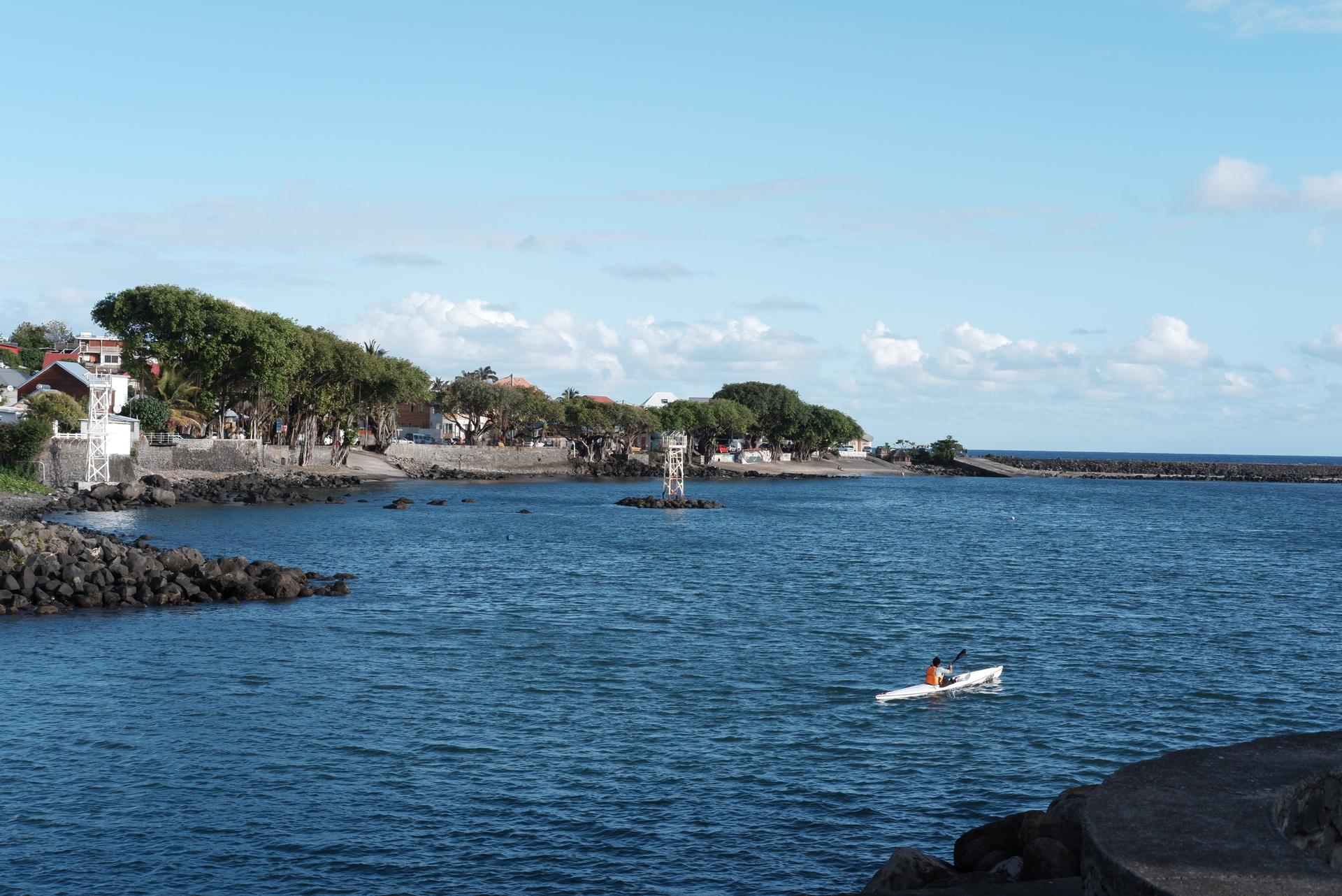Saint Pierre And Miquelon🇵🇲

Saint Pierre and Miquelon is a self-governing territorial overseas collectivity of France, situated in the northwestern Atlantic Ocean near Canada. It's a small archipelago best known for its fishing history, French influence, rugged & pristine landscapes, unique wildlife and its relative isolation. Visiting the archipelago is like exploring French culture and lifestyle within North America. Visitors usually indulge in bird watching, hiking, exploring the colorful town of Saint Pierre and learning about the rich cultural history at the Archipelago's several museums.
⚠️Things you should avoid⚠️
- Avoid disrespecting local customs and traditions.
- Avoid trespassing on private property while hiking or exploring.
- Avoid wild animals, especially during bird-nesting season.
- Avoid neglecting your personal belongings, obliviously the crime rate is low but better be safe.
- Avoid boating or sailing without a guide due to the region's unpredictable weather.
- Avoid offending residents with public displays of affection.
- Avoid traveling during the winter months if not comfortable with extreme cold climate.
- Avoid drinking and driving while on the islands.
- Avoid traveling without proper health insurance, as major health infrastructures are absent.
- Avoid littering, adhere to the environmental laws.
Overall
9
Crime 🔫
9
Saint Pierre and Miquelon have a very low crime rate, making it safe for visitors. The towns are generally very safe and residents are known for their hospitality. However, minor crimes like pickpocketing or bag snatching are rare but can happen. As always, tourists are advised to take care of personal belongings.
Terrorism 💣
10
Since Saint Pierre and Miquelon is a small archipelagic community, there has been no reported incidents of terrorism in the past. The threat level is very low.
War ⚔️
10
Given its small population and remote location, Saint Pierre and Miquelon have not been involved in any wars or combat-based conflicts.
Natural Disasters 🌊
8
The most common natural disasters in Saint Pierre and Miquelon include winter storms and heavy snowfall, however the islands have adequate infrastructures in place to handle these. Major natural disasters are quite rare.
Medical Care 🏥
7
Medical facilities in Saint Pierre and Miquelon are limited but are deemed satisfactory for routine medical treatment. For more complicated medical procedures or serious illnesses, patients are often transferred to larger medical facilities in Canada or France.
Tap Water Quality 💧
8
The quality of tap water in Saint Pierre and Miquelon is generally good and safe for consumption. However, visitors with sensitive stomachs may prefer to drink bottled water.
Disease Burden 🤒
9
The risk of major infectious diseases is low in Saint Pierre and Miquelon. However, like all travel destinations, basic preventative measures, such as vaccines and insect repellent, are recommended.
Corruption 💸
9
Corruption is not a significant issue in Saint Pierre and Miquelon. The local government operates with transparency and the rule of law is well respected.
Safety for Women ♀️
9
Saint Pierre and Miquelon is generally safe for women travelers. There are nominal instances of harassment or crimes targeting women. As with all destinations, it's recommended to maintain standard safety precautions.
Safety for Queer People 👬
8
While Saint Pierre and Miquelon is a relatively open society, the queer community is small, and being a Franco-community it follows the French laws on queer rights. Public displays of affection, irrespective of sexual orientation, may not be well received by locals.
Censorship 📺
9
There is a free press and Internet freedom in Saint Pierre and Miquelon. Censorship or state control over media is minimal.
Public Transportation 🚌
7
Saint Pierre and Miquelon does not have a public bus or train service. Taxis and car rentals are available and considered safe. The islands can be explored by foot, bicycle or by car.
Other useful information
🔒 How safe is it?
Overall, Saint Pierre and Miquelon is a safe destination to visit with a low crime rate and minimal risk of natural disasters or diseases. However, visitors should be mindful about the cold winters and take necessary precautions.
🏰 Embassies in this Country
Being French territories, most diplomatic affairs are handled by France. However, Canadian consulate can assist in emergency situations.
💉 Recommended Vaccinations
Routine Vaccinations are recommended. Hepatitis A, Hepatitis B, Rabies and Influenza vaccines are usually advised depending on circumstances surrounding the visit.
🐍 Dangerous Animals
The region boasts of a rich biodiversity, especially bird species. However, no dangerous animals are known to inhabit the islands.
🛂 Visa Requirements
Travelers from most countries including EU, USA, Canada do not require a visa for stays upto 90 days.
💲 Currency
The local currency is the Euro (EUR). Money can be exchanged at banks and currency exchange offices.
💳 Credit Card Acceptance
Most hotels, restaurants and businesses accept credit cards. However, it's a good idea to carry some cash for small transactions.
🧑🏭 Is it possible to work and travel in this country?
While it's possible to work in the local tourism industry, opportunities are limited and seasonal. Knowledge of French is almost essential.
💵 Cost of Travel and Living
Travel and living costs are moderate, comparable to other European destinations. The prices might be slightly higher due to the region's remote location.